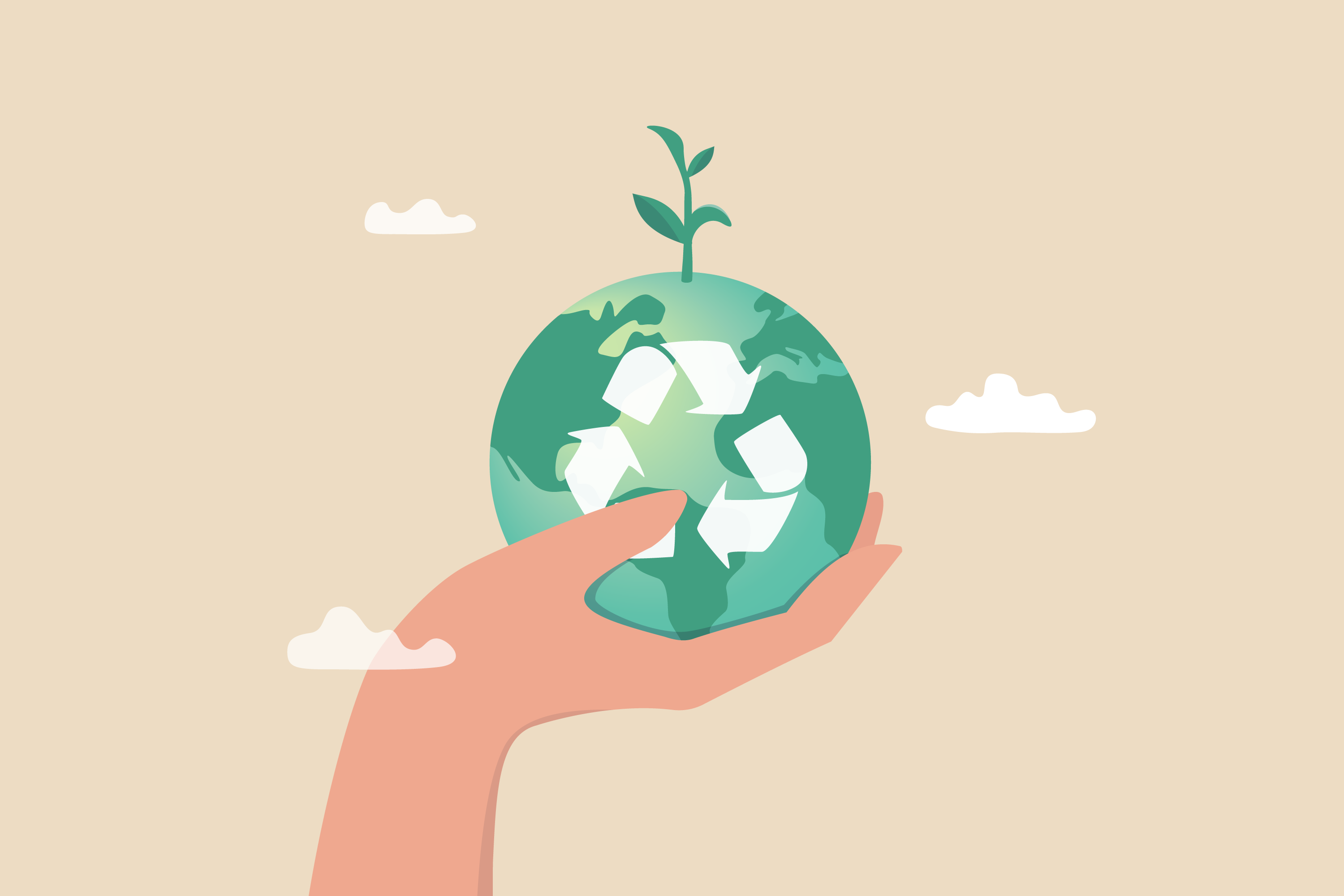Making Sustainability Data Work for You
Your morning latte claims to be sourced from sustainable growers. The shirt you are trying on at the store has a label indicating the materials were sustainably produced. Sustainability matters to you. Yet, how much confidence does the organization making these claims have in their sustainability data?
Acquiring sustainability data can be a challenge
The sustainability data ecosystem comprises of an extraordinarily diverse variety of sources and types of data. This is dynamic data and for a large brand can involve tens of thousands of data points to keep track of.
Factories and farms are often expected to self-certify and self-disclose certification status to their customers and ultimately to you. Are these certifications reliable?
Certification organizations, usually not-for-profit organizations, may provide publicly available databases of certificates statuses, however companies may not have the time or resources to comb through all these databases on their own.
There is Value in the Traceability of Sustainability Claims
Sustainability is gradually becoming a north star metric for conscientious corporations. Entire new departments geared towards sustainability are challenged to provide sustainability traceability from their raw materials to the end users products. These teams are responsible to meet new standards and extensive compliance reporting.
Additionally, the demand for sustainable goods is growing and consumers are expecting more visibility into the sustainability supply chain per McKinsey, “Consumers care about sustainability—and back it up with their wallets”.
How can sustainability departments ensure accurate traceability and certification data?
- Develop a data system specifically engineered for sustainability traceability
A system built for sustainability traceability, compliance and measurement will ensure trust. Proof of sustainability certificates are retained for each factory/supplier in the corporation supply chain. Traceability from end product back to each of their source materials will facilitate sustainability monitoring and decision making. - Establish a data team that understands the knowledge graph and sources of information in the sustainability supply chain
Sustainability teams need to have insight into the intricacies of their organization’s supply chain. Open lines of communication and knowledge sharing between departments will aid in reaching sustainability goals. - Be open to developing new data sources and research
Once the data pipeline is in place, it is important that leaders are open to exploring the new data that is being made available. It is possible that new insights can be derived that will help drive not only sustainability goals, but product growth as well. Research in this field is growing faster than analysts can keep up. - Engineer your system to stay current and support rigorous compliance
It is important to build systems that inspire trust in the data. Systems should support sustainability in all company decision making while supporting continuous compliance, verification and reporting to ensure progress towards the company’s sustainability goals.
Brands should make the data available at point of purchase
If you sell to the consumer, either online or in retail locations, provide product sustainability information at the point of purchase. Building the sustainable data intelligence platform properly will serve your team, your compliance firm and your customer. Linking to compliance certifications and sustainability data for each product can be available with a QR or barcode link according to OneSpace, “Prioritizing Sustainability at the Point of Purchase”.
Keep it accurate, current and simple
This is a complex subject that can be confusing to even the experts. Simplify your sustainability information for the consumer, then give them links to research and articles explaining your efforts. Be transparent to develop trust and provide means to facilitate their education. Sincere efforts to address climate change are worth explaining.
We’ve got one world, let’s make sure those who care can get the information they need to make sustainable decisions.


